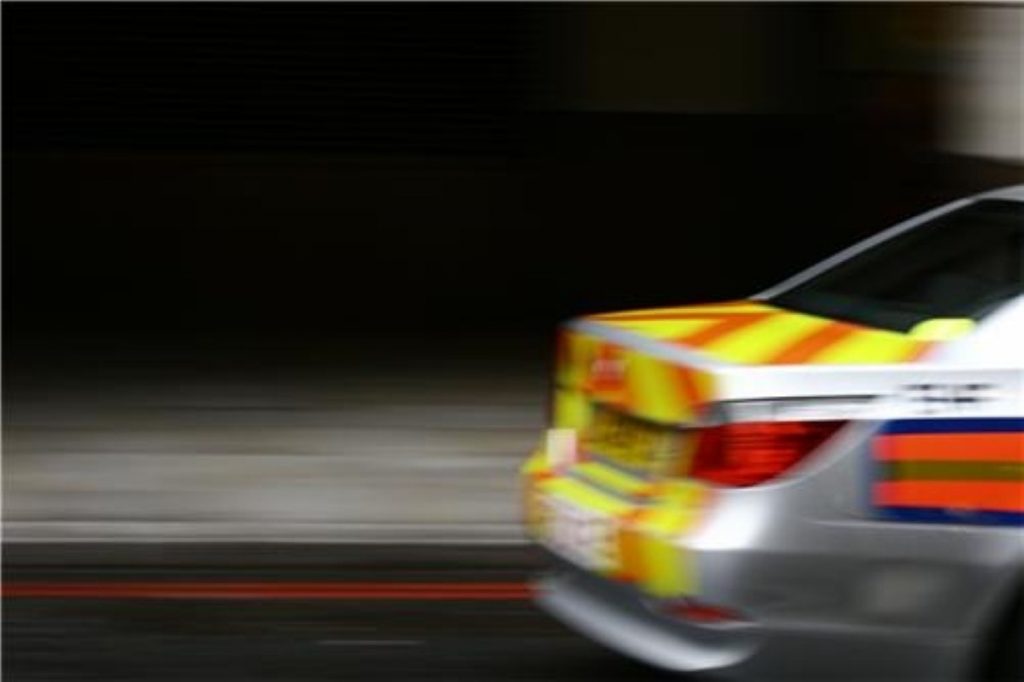Tagged offenders commit 1,000 crimes
The government has been accused of a “shocking disregard for public safety” after news that prisoners on curfew have committed more than 1,000 violent offences.
The public accounts committee reveals that 1,021 prisoners have committed serious offences, including four manslaughters and one murder, while finishing their jail sentences in the community.
In their study into the electronic tagging of adult offenders, the MPs also reveal that 562 assaults were committed by those on home detention curfews – despite the fact that sexual and violent offenders are prohibited from the scheme.
Shadow home secretary David Davis said it was “disgraceful” that people who were “clearly unsuitable for tagging” were being allowed out of jail early.


“With so many serious offences being committed it is clear the government is showing a shocking disregard for public safety,” he said.
However, Home Office minister Gerry Sutcliffe insisted that public protection was his “guiding principle” and noted that of the 130,000 low-risk offenders who have been released on curfew in the last seven years, less than four per cent have re-offended.
“This compares with a figure of 67.4 per cent re-offending rate for all prisoners released from prison within two years. We are not complacent however, and any offence committed is one too many,” he said.
The government has been forced to introduce emergency measures to tackle a bursting jail population, which includes using police cells from today.
Home secretary John Reid also confirmed on Monday that he would encourage courts to make greater use of tagging in issuing bail as another way to ease the pressure on prisons.
Today’s report confirms that home detention curfews, which were introduced in January 1999 and see prisoners tagged to ensure they do not break their conditions, are good value for money, costing £70 a day less than prison.
But although it notes these and other benefits associated with prisoners having more contact with their families, it warns that training and education schemes which are crucial to rehabilitation do not continue outside prison, nor do prisoners get help to find work.
“There is insufficient evidence available to determine whether electronic monitoring helps to reduce re-offending or promote rehabilitation,” the MPs say.
The committee also warns there is no government target for how many prisoners who break their curfew are brought to court, and says assessments of whether someone is eligible for the scheme are often lost when they are transferred between prisons.
Mr Davis warned: “While tagging may have a useful role to play it is vitally dependent on careful selection of the people who are tagged.
“If it is merely used as a means for the government to combat their prison overcrowding crisis no one wins – the victim gets no justice, the public get no protection, the offender gets no rehabilitation and the whole scheme is undermined.”
Liberal Democrat home affairs spokesman Nick Clegg added: “Tagging has a very important role to play in ensuring that low level offenders and those at the end of their sentence are kept under adequate surveillance.
“Dealing with offenders means it is vital that we get tagging right. Once again, flaws in the system can be laid squarely at the government’s feet for failing to implement the system competently in practice.”









